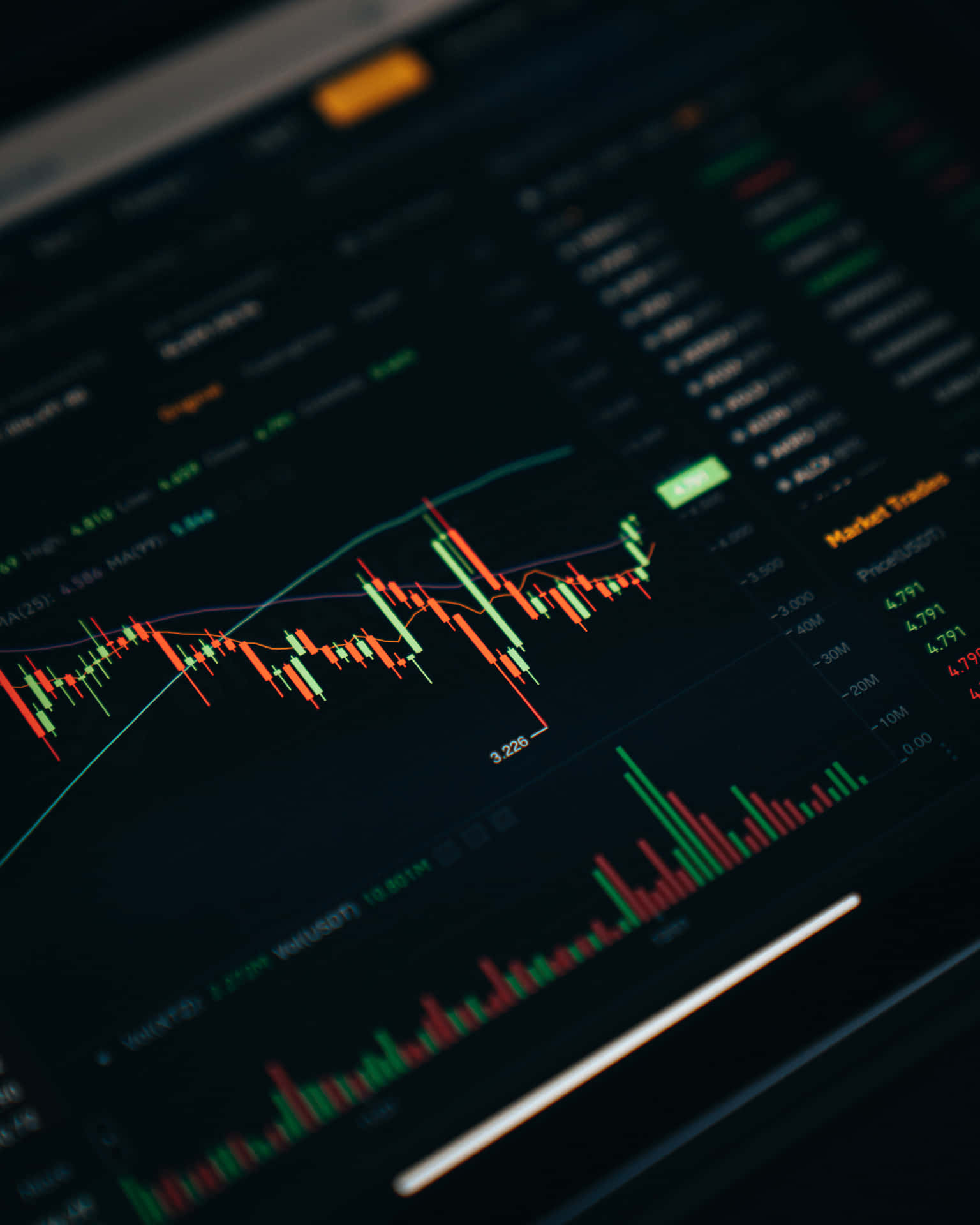The Science of Forex: Maneuvering through International Cash Trade
This world of foreign exchange trading offers numerous chances for those looking to navigate the complex landscape of global currency exchanges. As one of the biggest monetary markets in the globe, Forex allows traders to buy and exchange currencies, taking benefit of price fluctuations to make a profit. However, for novices, this market can appear overwhelming with its variety of terms, strategies, and trading practices. Understanding the fundamentals of Forex is crucial for anyone wishing to begin this exciting journey.
In this manual, we will simplify the nuances of the Forex market and provide you with a strong foundation for your trading endeavors. Whether you are curious about how the Forex market operates in simple terms, keen to learn about effective trading strategies, or looking in mastering the mindset that drives profitable traders, we have you taken care of. Join us as we explore everything from the essential concepts of currency pairs to useful risk management tips, equipping you to make informed trading decisions and ride the ever-changing tides of global currency exchanges.
Grasping the Foreign Exchange Marketplace
The Forex market, or foreign exchange market, is the biggest financial market in the globe, where currencies are traded on a global scale. ea forex best functions around the clock, during weekdays, allowing market participants to buy and sell currencies in real time through multiple platforms. Unlike conventional stock exchanges, Forex has no central exchange; instead, it functions through an electronic system of financial institutions, intermediaries, and entities, enabling transactions across different time zones.
One of the crucial characteristics of the Forex market is its liquidity. With trillions of dollars exchanged daily, the market allows market participants to enter and close trades quickly, making it an attractive option for those looking to take benefit from currency price variations. The Forex market also includes a diverse selection of currency combinations, divided into main, minor, and rare pairs, each reflecting the comparison of one currency against another. This variety offers numerous possibilities for trading strategies and profit potential.
Grasping how the Forex market operates requires awareness of the various elements that affect currency prices, such as economic signals, geopolitical events, and market sentiment. Economic news announcements, like job statistics or interest rate changes, can cause significant fluctuations in currency pairs, making it essential for market participants to stay informed. By grasping these basic concepts, traders can begin to manage the complexities of Forex and hone their trading abilities.
Efficient Market Trading Strategies
Effective Forex trading relies heavily on successful strategies. One popular approach is scalping, which involves making a series of short-term trades to capture small price movements. Scalpers aim to gain from minor fluctuations in the market, often executing trades within seconds or a short duration. This strategy necessitates a keen sense of timing and the ability to act quickly on market signals, making it suitable for traders operating in fast-paced environments.
Another popular strategy is swing trading strategy, that focuses on capturing returns over several days or an extended period. Swing traders utilize technical analysis to spot potential reversal points and trends within a currency pair. By maintaining positions longer than short-term traders, swing traders can benefit from greater price movements while still controlling their risk. This approach often involves a balance between technical indicators and fundamental analysis, providing a holistic view of the market.
Lastly, developing a solid trading plan is essential for long-term success. A trading plan outlines specific goals, risk tolerance, and rules for entering and exiting trades. Incorporating risk management strategies, such as placing stop-loss orders and calculating risk-to-reward ratios, ensures that traders can maintain discipline and avoid impulsive decision-making. By adhering to a thorough trading plan, Forex traders can maneuver through the complexities of the market with greater confidence and effectiveness.
Managing Risks and Emotions
Effective risk management is crucial for long-term success in Forex trading. One of the key principles of risk management is determining the appropriate position size for each trade. This includes evaluating your account balance and deciding the amount you’re prepared to risk on each trade. Typically, a good guideline is to risk no more than 1% to 2% of your total capital on any trade. Following this principle helps protect your account from major losses and ensures that a streak of bad trades won't derail your trading progress.

Emotional control plays a pivotal role in Forex trading, as the market can evoke strong feelings such as fear and greed. Successful traders develop strategies to manage their emotions, preventing these feelings from influencing their decisions. A proven method is sticking to a structured trading plan that includes specific entry and exit points, rules for risk management, and clearly defined objectives. By following a strategy and creating a disciplined routine, traders can maintain composure even during volatile market conditions.
Creating a trading journal can greatly assist in managing risk and emotions. Documenting trades, along with decisions made and emotional states, allows traders to recognize patterns in their behavior. Such self-reflection helps traders learn from both mistakes and successes, promoting a healthier mindset and a more disciplined trading approach. Maintaining trade records emphasizes the need to adhere to your risk management strategy and can help reduce impulsive decisions that jeopardize success in trading.